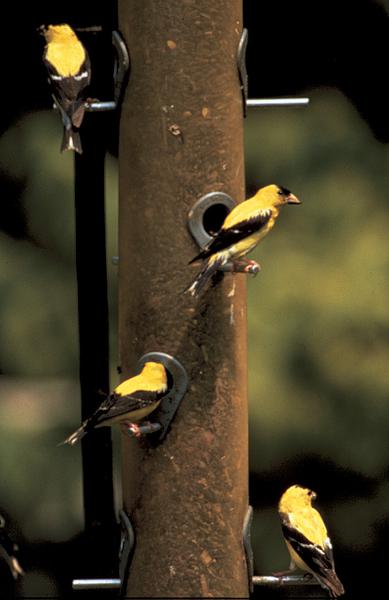November Gardening Tips
go.ncsu.edu/readext?744587
en Español / em Português
El inglés es el idioma de control de esta página. En la medida en que haya algún conflicto entre la traducción al inglés y la traducción, el inglés prevalece.
Al hacer clic en el enlace de traducción se activa un servicio de traducción gratuito para convertir la página al español. Al igual que con cualquier traducción por Internet, la conversión no es sensible al contexto y puede que no traduzca el texto en su significado original. NC State Extension no garantiza la exactitud del texto traducido. Por favor, tenga en cuenta que algunas aplicaciones y/o servicios pueden no funcionar como se espera cuando se traducen.
Português
Inglês é o idioma de controle desta página. Na medida que haja algum conflito entre o texto original em Inglês e a tradução, o Inglês prevalece.
Ao clicar no link de tradução, um serviço gratuito de tradução será ativado para converter a página para o Português. Como em qualquer tradução pela internet, a conversão não é sensivel ao contexto e pode não ocorrer a tradução para o significado orginal. O serviço de Extensão da Carolina do Norte (NC State Extension) não garante a exatidão do texto traduzido. Por favor, observe que algumas funções ou serviços podem não funcionar como esperado após a tradução.
English
English is the controlling language of this page. To the extent there is any conflict between the English text and the translation, English controls.
Clicking on the translation link activates a free translation service to convert the page to Spanish. As with any Internet translation, the conversion is not context-sensitive and may not translate the text to its original meaning. NC State Extension does not guarantee the accuracy of the translated text. Please note that some applications and/or services may not function as expected when translated.
Collapse ▲November is now upon us. Soon our minds may be focused on preparing for the holiday season, but there are still important tasks to complete in the garden this time of year. Below are gardening tips to help prepare your landscape for the winter season.
General Gardening Tips
- It is a good time to get your soil tested for next season. Forms and boxes can be obtained at N.C. Cooperative Extension – Wayne County Center, located at The Maxwell Center in Goldsboro. Get your soil samples in before the Thanksgiving holiday! The seasonal $4 per sample fee runs from December through March. From April through November, samples are free.
Lawn
- Remove fallen leaves from lawns as soon as possible to provide ample sunlight for the grass. Piles of leaves can become wet blankets that smother your lawn.
- If you have not already done so, apply pre-emergence herbicide to your lawn to prevent winter weeds.
Trees, Shrubs, and Flowers
- November is the time to plant spring-flowering bulbs like daffodils, crocus, hyacinths, and tulips.
- Clean up rose beds. Be sure all diseased leaves are raked up and disposed of.
- Check cypress and other evergreens for bagworms. Remove and destroy the bagworm capsules to reduce next year’s pest population.
- After chrysanthemums have stopped blooming, cut stems back close to the ground and dispose of the stems and all dropped and dried leaves and branches.
- Bring out the bird feeders and stock them with bird seed for the birds. Remember to provide fresh water for them throughout the winter months.
- Force paperwhite narcissus bulbs to flower by planting them indoors in shallow pots of pebbles and water. They will be ready as blooming gifts in time for Christmas.
- Take hardwood cuttings of some shrubs such as hollies, forsythia, viburnum and quince early this month. Bruise the base of the cutting, dip it in a rooting hormone, and plant in a sandy soil mix.
Fruits, Vegetables and Herbs
- Till your vegetable garden to expose many insect pests to birds and winter cold, reducing the numbers in next year’s garden.
- A good cleaning of fruit trees can reduce future problems. Keep mulches pulled back several inches from the base of trees to prevent bark injury from hungry mice and voles. Pick and clean up fallen, spoiled, or mummified fruits to prevent diseases and insects from overwintering.
- Order fruit trees, grapevines and blueberries this month for a February or March delivery and planting.
- Time to trim existing asparagus foliage. Cut to the ground after the foliage is killed by frost.
- Be sure not to store apples or pears with vegetables. The fruits give off ethylene gas, which speeds up the breakdown of vegetables and cause them to develop off-flavors.
Jessica Strickland is an Agriculture Extension Agent, specializing in horticulture for North Carolina Cooperative Extension in Wayne County.
Learn More!
- Sign up for the Wayne County Extension Gardening email list to receive timely gardening tips.
- Follow us on Facebook and Instagram.
- Visit the North Carolina Extension Gardener Plant Toolbox to discover more plant ideas for your garden.





